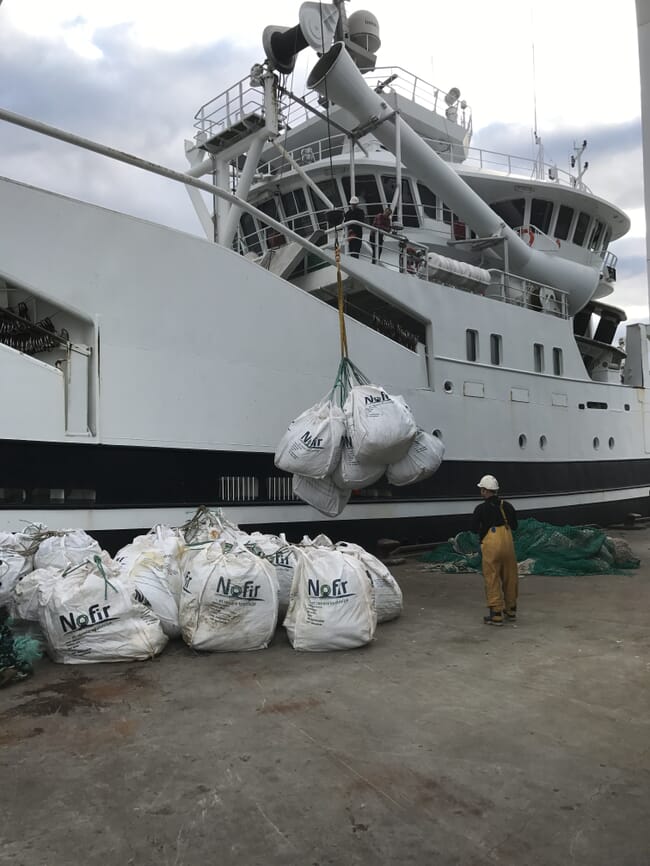The GGGI is an alliance founded by World Animal Protection in 2015, dedicated to tackling the problem of ghost fishing gear at a global scale. The GGGI’s strength lies in the diversity of its participants including the fishing industry, the private sector, academia, governments, intergovernmental and non-governmental organisations. Every participant has a critical role to play to mitigate ghost gear locally, regionally and globally.
Thai Union’s participation in the GGGI reflects its commitment to combat marine plastic pollution, in line with SeaChange, the company’s sustainability strategy to drive meaningful improvements across the entire global seafood industry.
“Ghost gear represents one of the biggest threats to animals in our oceans, significantly reducing fish stocks and entangling, injuring and killing millions of animals every year,” said Joel Baziuk, Secretariat for GGGI. “It is key for seafood industry leaders such as Thai Union to come together with NGOs, government and other stakeholders to improve the health of marine ecosystems, protect marine animals and safeguard human health and livelihoods.”

The FAO estimates that every year, approximately 8 million tonnes of plastic enters the ocean, most of it urban waste, particularly plastic litter and microplastics.
Abandoned, lost and discarded fishing gear (ALDFG) accounts for at least 10 percent of this total waste, and causes considerable ecological and socioeconomic problems. It washes up on beaches, severely impacts reef environments, poses a threat to navigation, negatively affects global fish stock levels, harms marine animals and is a significant cause of loss of other fishing gear in use.
As a user of primarily recyclable packaging, in the form of steel and aluminum cans and paper outer cardboard, Thai Union assessed its greatest impact to address marine plastic pollution is through supporting work to reduce ALDFG, according to Dr Darian McBain, Thai Union’s global director for sustainable development.
“Research indicates that 70 percent of floating microplastics debris in the open ocean is fishing-related,” said McBain. “Reducing abandoned, lost and discarded fishing gear is key to ensuring the seas are sustainable now and for future generations. It has obvious impacts on global food security and the seafood supply chain, as well as an impact on the livelihoods of coastal communities.”


